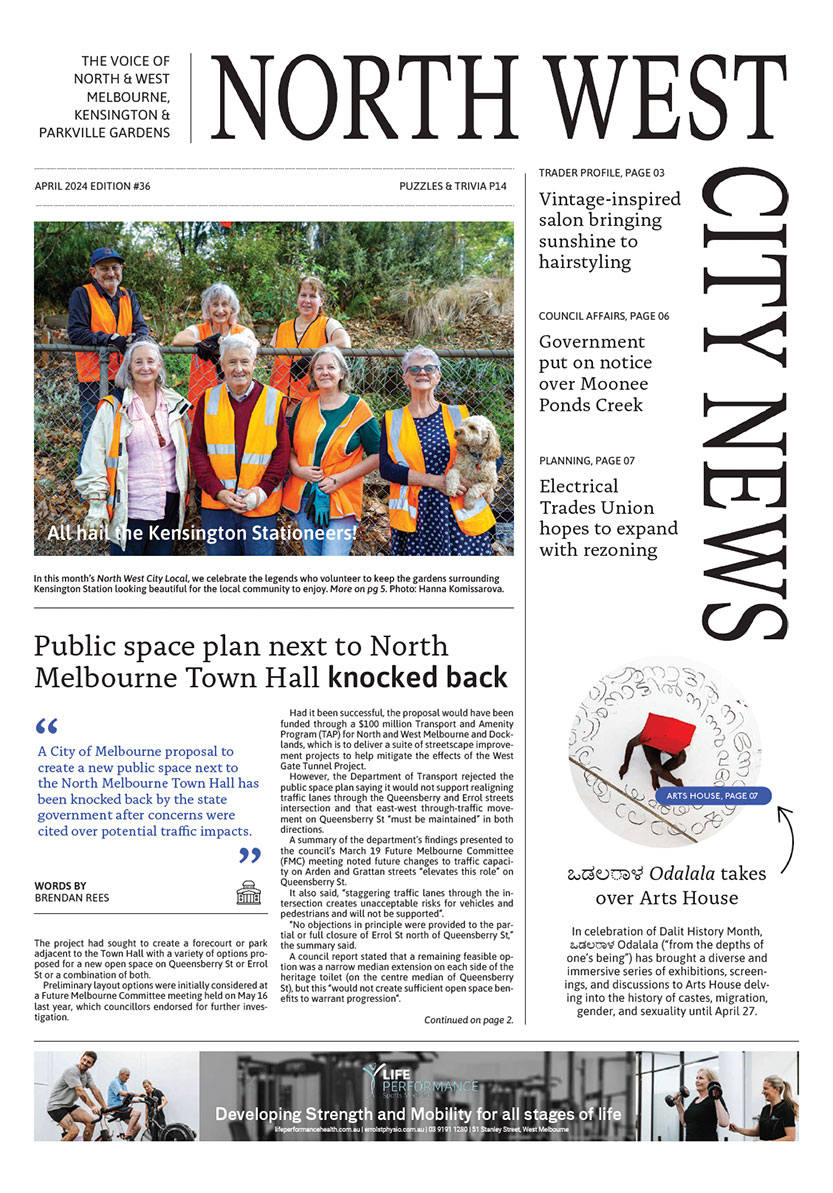Sharing our surplus
What does this mean?
In permaculture there are three ethics …
- Care for the Earth;
- Care for people; and
- Fair share - limit your consumption and share your surplus.
Bill Mollison and David Holmgren first developed these in 1978 and since then they have been expanded on and interpreted in many ways.
These principles were designed by evaluating long-lived indigenous, sustainable civilisations. One of the things that kept these civilisations existing for so long was that they had ethics to guide them in the decisions and actions they made.
Inequality in surplus
Bill Mollison said that if we took more than our need of resources, we were taking from someone else, and that we needed to take responsibility to set our own limits. How do we recognise when we move from need to over consumption?
Today trillions of dollars of wealth are in the hands of a very small group of people, predominantly men, who are increasing their wealth exponentially often at the expense of the planet and others. Trying to get the wealthy to share their surplus in this way is something I have pondered.
Many governments are fuelling this inequality crisis by massively under taxing corporations and wealthy individuals, yet underfunding vital public services, leaving the rest of us to shoulder the taxes and prop up these services – which impacts on our surplus.
Identifying our surplus to share
In permaculture the icon that represents “sharing your surplus” is a pie and a slice of it represents the taking of what we need and sharing what we don’t, recognising that there are limits to how much we can give and how much we can take.
A definition of sharing is the joint use of a resource or space, it is the process of dividing and distributing and can actually mean giving something as an outright gift. This is different to the share economy that monetises surplus/sharing.
Your surplus can include physical as well as other assets – money, time, expertise, knowledge, creative gifts, car, tools, food, flowers from your garden, seeds, space in your home, compost, organic food scraps, clothes, land, back garden, washing machine, electric goods.
At times we receive more than we need, an abundance. For example an established fruit tree is likely to produce more fruit at a particular time or season that we can eat, preserve and/or use so we can share the bounty with others in our community.
Surplus versus waste
Once we set limits to our need, we can identify what extra we have and distribute this so we don’t add to the waste stream.
In permaculture we talk about waste in terms of systems – anything that overflows from our system that cannot be used/shared elsewhere creates waste. The responsibility is to then to adjust our systems accordingly and return excess back to where it came from.
Our current wasteful commercialised food system is an example of how food is produced using extreme amounts of fossil fuels and chemicals that degrade land and pollute our waterways in the process. The excess produced is then distributed to those in our communities labeled “vulnerable and food insecure”. This food often being of poor quality containing many food miles and chemicals to keep it “looking good”.
Instead of these organisations discarding their excess poor-quality food in our neighbourhoods (increasing fossil fuels and carbon emissions at each point) they should rather adjust their systems accordingly to produce less, thereby reducing their damage to our planet and freeing up resources to support local food solutions to feed people with nutrient-rich, chemical-free and low-mile’s food.
How and where can we redistribute our surplus
Our front gate is a place where excess food can be placed with a simple sign saying, “help yourself”. There is a food app in England called OLIO where people with extra food post a picture online for anyone to pick up – it’s a simple gift.
There are many online networks where things can be shared or given away. Volunteering has always been a way to share our surplus time. The “open source way” is an avenue to share technology expertise.
Your own neighbourhood is a smart place to start sharing your surplus. Even spare space in backyards is shared with locals who don’t have any space to grow food.
Money is an easy one to redistribute – think about using your surplus money to go directly to those who need it and in activities, which empower. Microfinance without big interest rates allows our fellow humans to lift themselves out of their situation – sometimes there because of our taking more than our needs. Be wary of paying for corporate hierarchical structures of NGOs and charities.
During lockdown I was reintroduced to the idea of tithing.
By finding the right balance of need and surplus in our own lives we provide positive examples for others, so that they can find their own balance. By focusing on what is appropriate for us to do, rather than what others should do, “we stay in our own lane”.
Collectively, the majority of us can take easy steps to rebalance inequality with a simple act of sharing with others •

Jo Ryan unveils Ordered Chaos at Blender Studios





 Download the Latest Edition
Download the Latest Edition